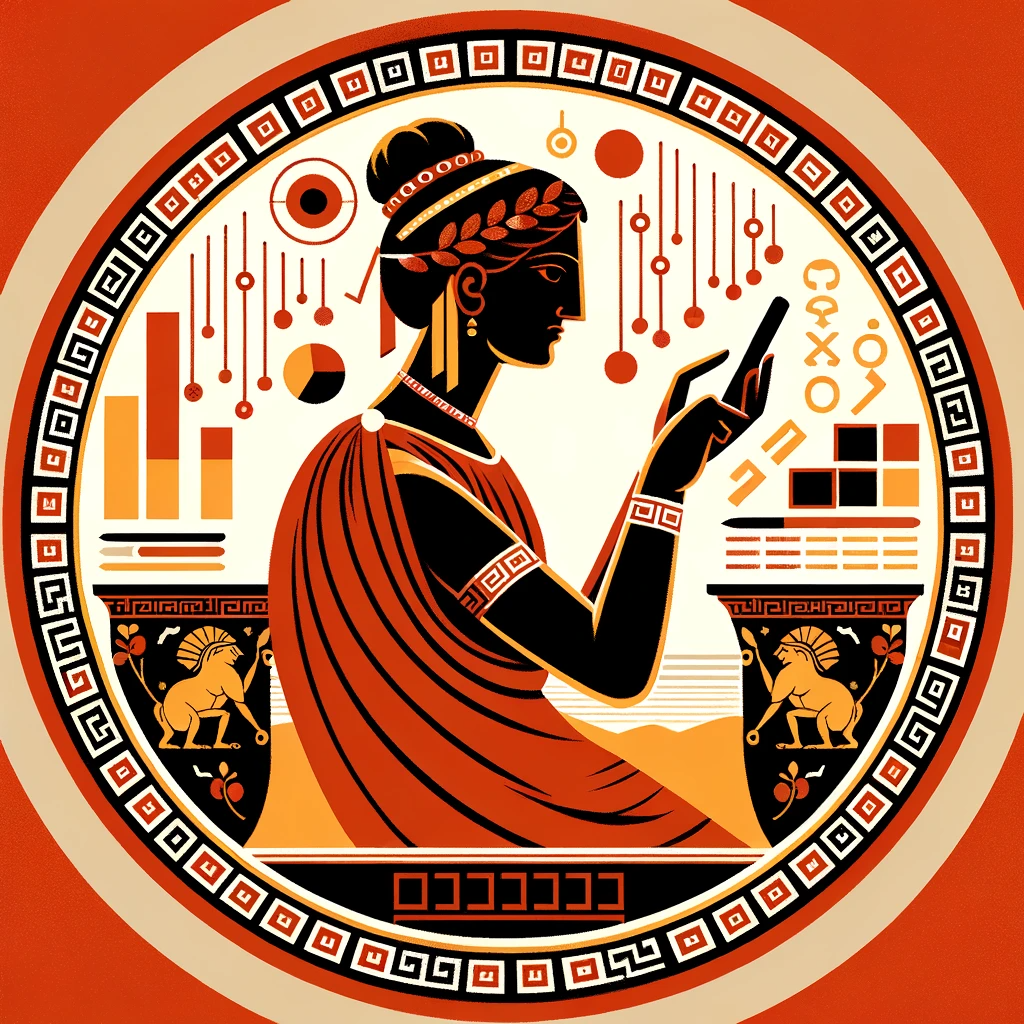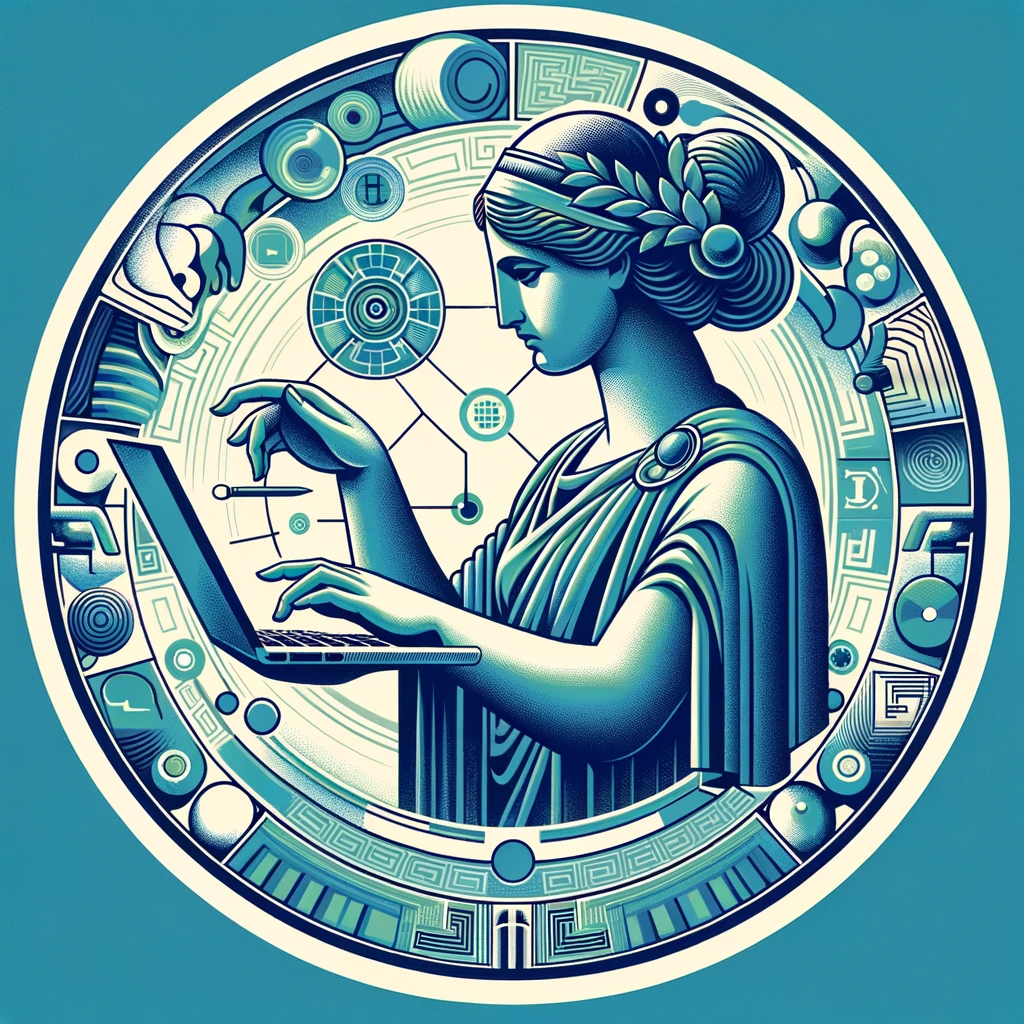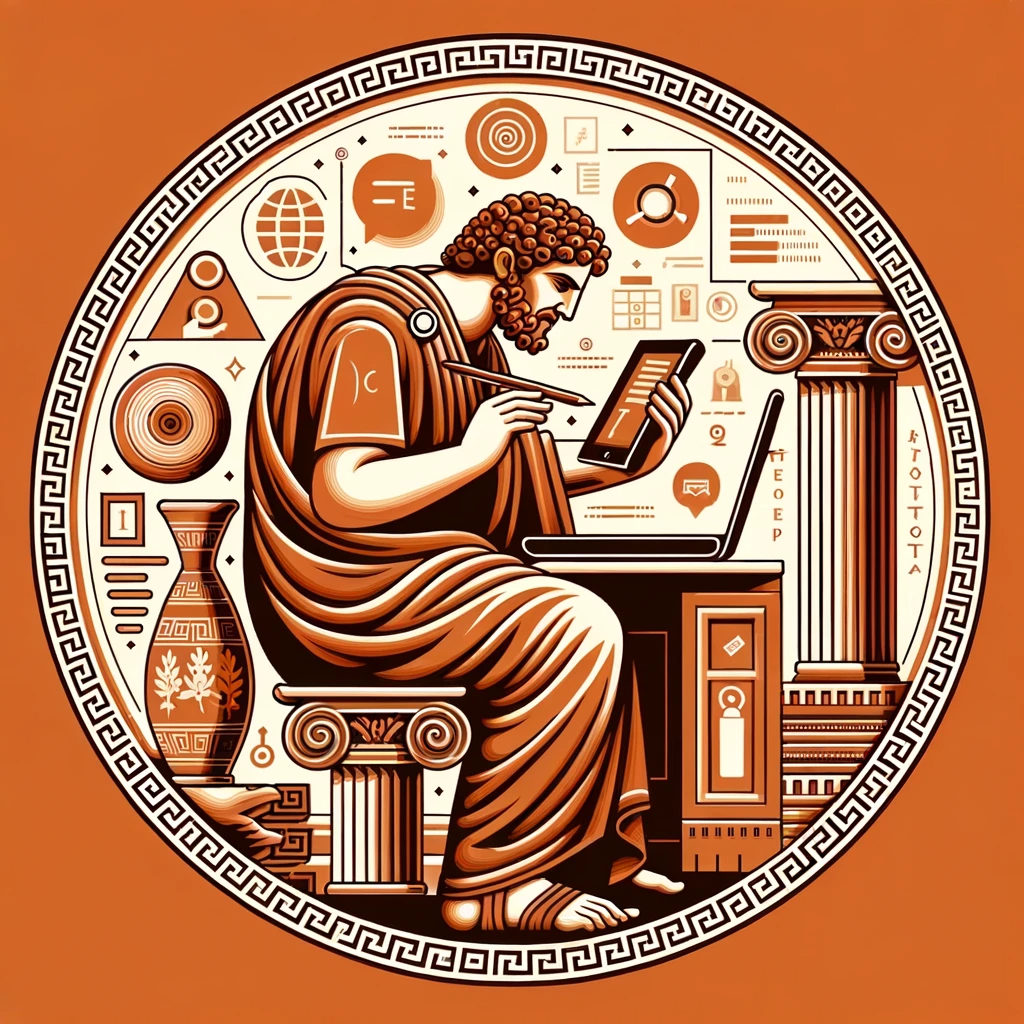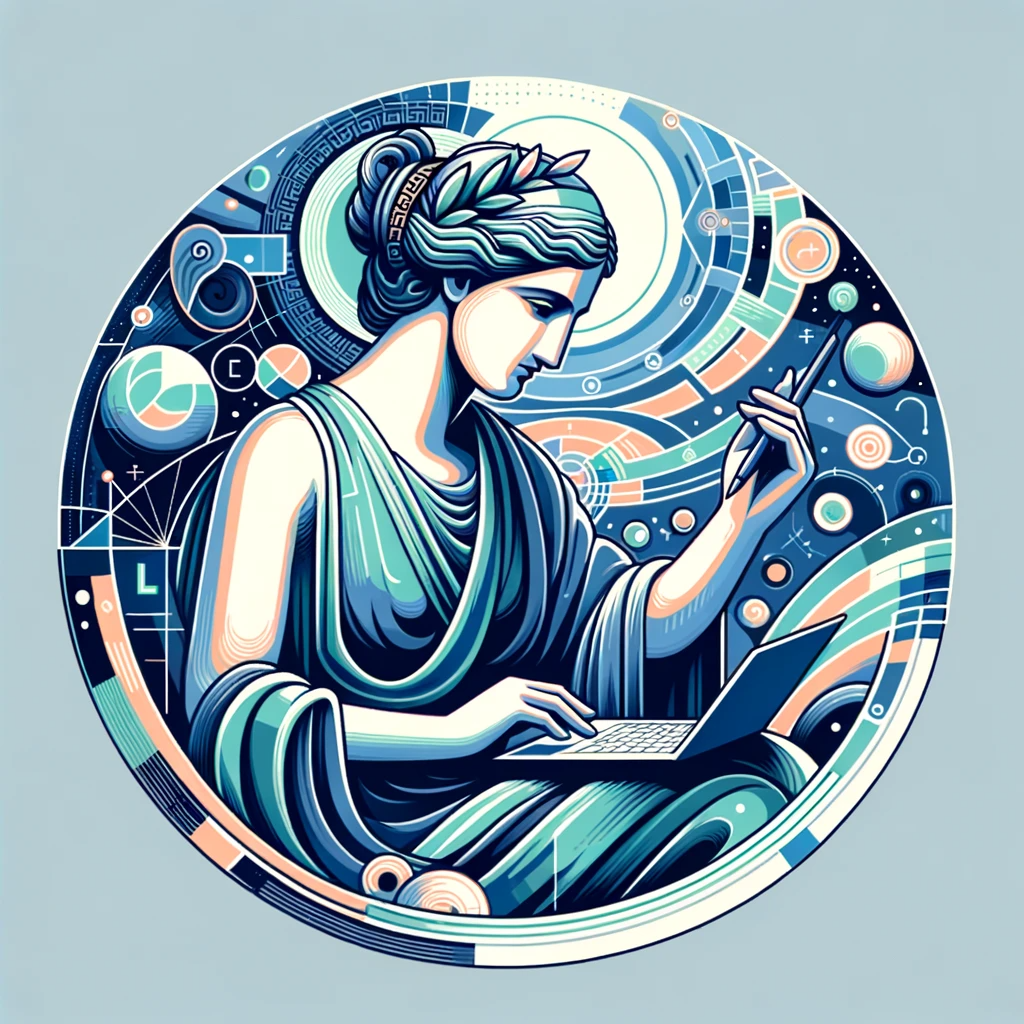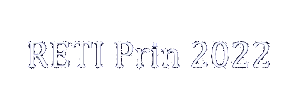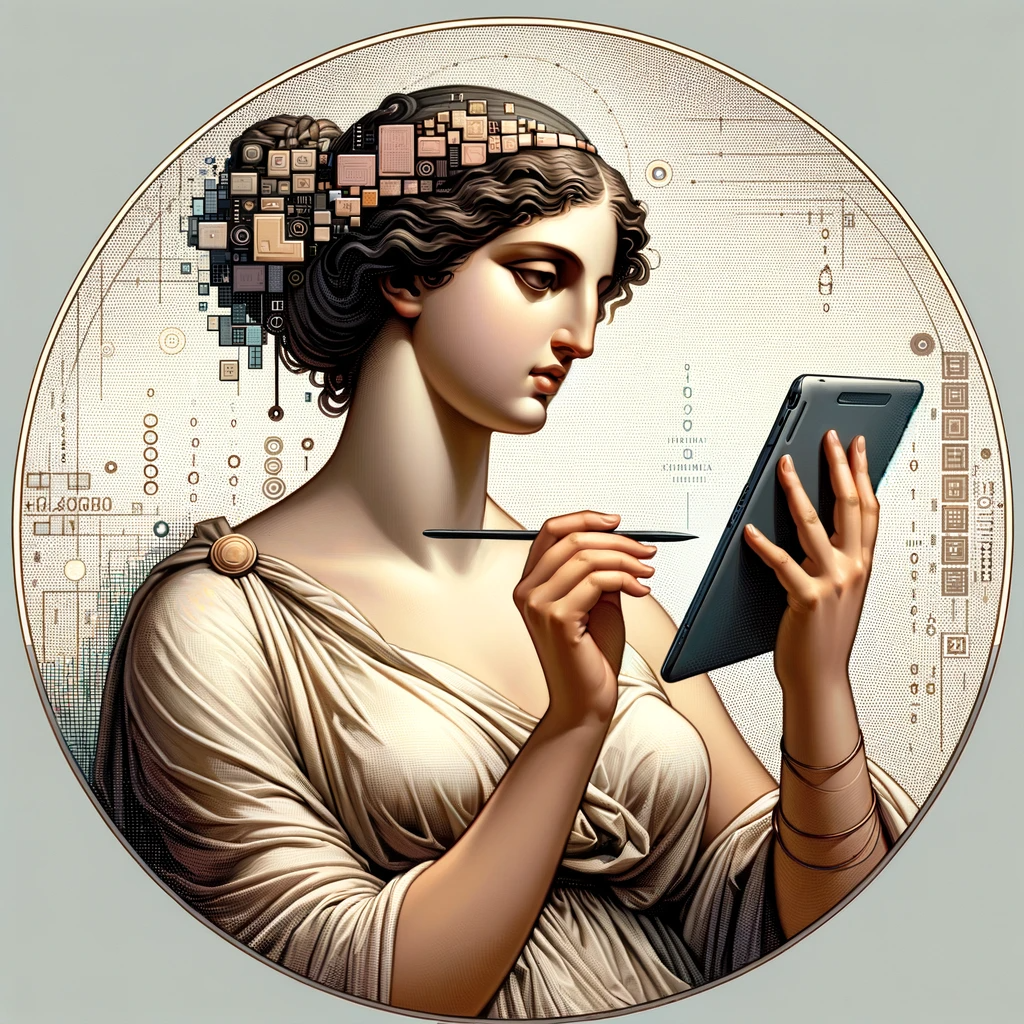
A three-day workshop focusing on philology in the digital age, on the basis of the Greek Anthology
What are the implications of the encounter between millennia-old texts and complex digital environments? How should we handle the data generated by Digital Classics projects? How can we structure them to make them accessible, valuable and reusable? These questions are at the heart of the three-day workshop “Horizons of digital philology. The Greek Anthology for rethinking formats, paradigms and collaboration” (April 16-18, 2024, Università degli Studi di Napoli Federico II & Université de Montréal). The aim of this event is to initiate reflections and discussions on the epistemological foundations of projects for editing or studying classical texts in the digital age, questioning in particular the choices and uses of particular tools, the implementation of collaboration, data management, etc. This event will focus on the case study of Greek Anthology, enabling the platform and data from the project of the digital and collaborative edition of the Greek Anthology, carried out at the Canada Research Chair in Digital Writings since 2014, to be showcased. Each day will be dedicated to one of the three axes of the event; mornings will be dedicated to lectures and afternoons to practical workshops enabling concrete exploration of the concepts discussed and application of some of the methodologies presented.
- Handwriting recognition, HTR and digital reconstruction – Based on case studies using handwriting recognition (HTR), digital reconstruction and various artificial intelligence applications, this axis will analyze the different methodologies and uses that can be made of recent technical advances offering new perspectives for the preservation and understanding of classical heritage.
- Collaborative philology – This area will explore the epistemological issues raised by collaborative projects in the field of digital humanities. It will highlight interdisciplinary collaborations by analyzing how they shape our understanding of ancient texts in the digital age. By examining the dynamics of collaboration, this axis will explore how plural approaches enrich research, opening up new perspectives and methodologies for approaching and interpreting ancient sources.
- Epistemology of the text, critical editing of classical texts – This area will explore in greater depth the epistemological questions raised by the technical choices made when editing classical texts. With a focus on critical editing, it will explore how these methodological choices influence our understanding and interpretation of ancient texts, examining how editorial decisions impact the transmission, preservation and dissemination of ancient texts.
